Categories Artikkeli, Article

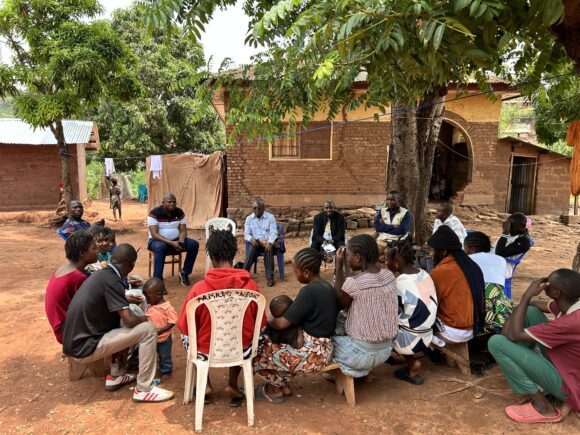


Read more
This Is How Change Is Measured – Monitoring Is A Key Part Of Development Cooperation
Miten kehitysyhteistyön aikaansaamaa muutosta voidaan mitata luotettavasti?
Categories Artikkeli, Article

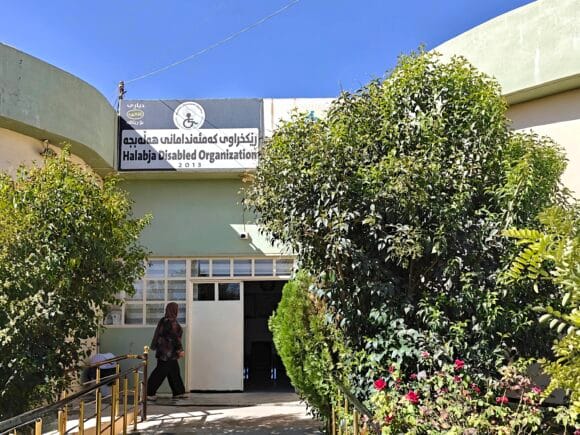


Read more
Incredible Results in Halabja, Iraq – Children with Disabilities Now Attending School
As a result of persistent advocacy, children with disabilities can now attend school.
Categories Artikkeli, Article

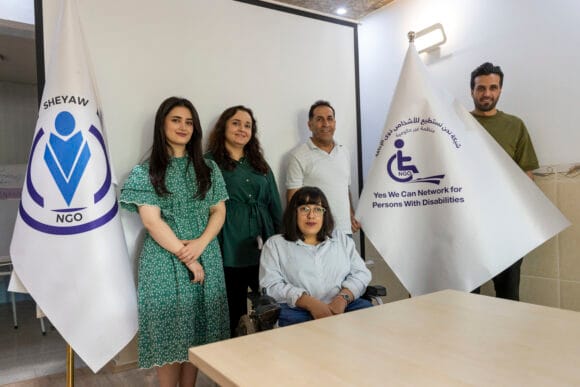


Read more
Employment Prospects for Youth with Disabilities Improve in Iraq
Unemployment is widespread in Iraq and affects people with disabilities in particular.
Categories Article




Read more
Change for Children with Disabilities in Iraq – Special Teachers Lead the Way
In a valley surrounded by rocky hills lies the city of Halabja, where children with disabilities previously had no access to school.
Categories Article

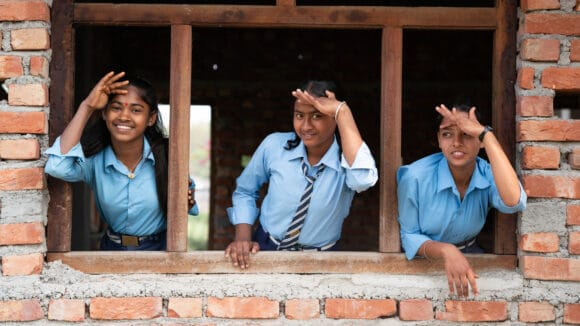


Read more
“We will change the world, one person at a time”
These nepali girls are determined to change the world. They understand that they must take action themselves.
Categories Article

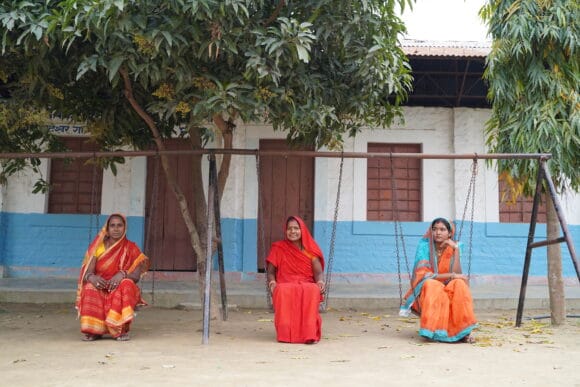


Read more
Women’s Entrepreneurship Boosts Income in Nepal – Children’s Education Improves
Active mother’s support their children with their increased incomes.
Categories Article

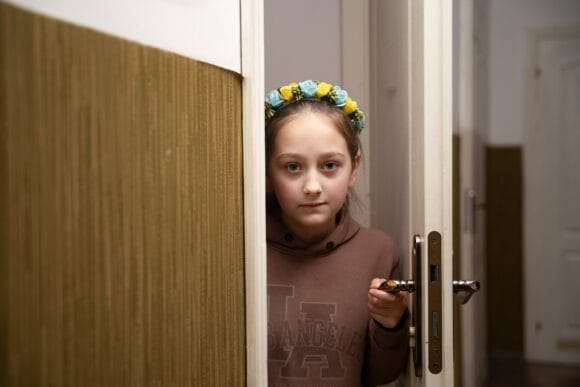


Read more
Three years of war – Ukraine’s suffering must not be forgotten
We visited Ukraine and asked how those providing aid are coping now, three years into the war.
Categories Article

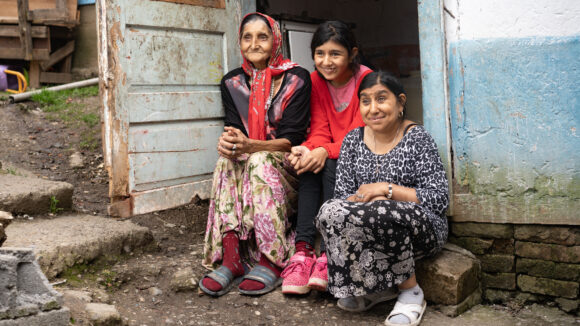


Read more
Significant Change in the Roma Community – A Story of Hope Unfolds in Kiseljak
In the early 2000s, the Roma community in Kiseljak, Bosnia, lived in extreme poverty, lacking access to water, electricity, and basic rights. Sixty percent of children didn’t attend school, and child marriages were common. Begging was a frequent means of survival. Yet, amidst the hardship, a spark of hope began to ignite.
Categories Article

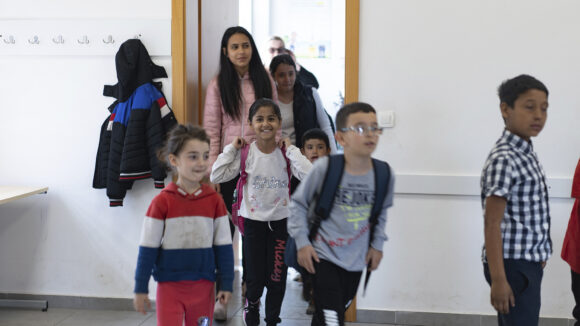


Read more
School Opens New Opportunities for Roma Children
Bosnia and Herzegovina is one of Europe’s poorest countries, with the Roma minority facing particularly tough conditions. Many Roma families rely on collecting and selling recyclable materials for income.